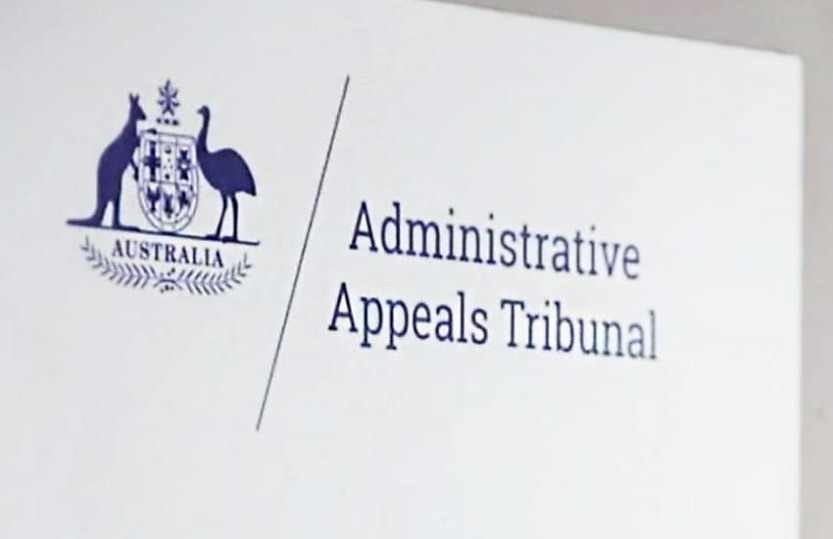Tribunal rejects real estate agent’s tax deductions in recent decision

A real estate agent who claimed over $150k in work-related expenses has lost an appeal against an ATO assessment.
The Administrative Appeals Tribunal has upheld an assessment by the ATO which found that many of the expenses claimed by a real estate agent were not deductible under the Income Tax Assessment Act 1997.
The applicant, Robert Copley, was the managing director of a real estate agency. He was also the director and 50 per cent shareholder of a company, Copley & Associates Pty Ltd.
He claimed tax deductions for the income years ended 30 June 2018, 30 June 2019 and 30 June 2020 in his personal income tax returns.
The applicant originally claimed $28,773 in expenses for the 2018 income year, $26,359 for the 2019 income year and $24,253 for the 2020 income year.
The Commissioner issued notices of assessment for the 2018 and 2019 income years in May 2021. The issue of a Notice of Assessment for the 2020 income year was delayed because the Commissioner commenced a pre-issue audit for that income year.
During the audit process, the Commissioner requested supporting documents from Mr Copley’s accountants, but they were not provided.
The Commissioner issued Notices of Amended Assessment for the 2018 and 2019 income years and a Notice of Assessment for the 2020 income year which did not allow any of the claimed deductions.
Mr Copley’s tax agent lodged an objection against the original assessments, stating that he should be permitted to deduct the expenses that were incurred in his role as a real estate person, manager and licensee.
He also claimed other work-related expenses in the objection and attached supporting documents including bank and credit card statements, vehicle expenses and telephone bills.
He increased the claimed expenses to $42,273.55 for the 2018 income year, $41,893 for the 2019 income year and $44,682 for the 2020 income year.
The Commissioner allowed the applicant’s objection in part including director’s fees of $5,400 for each of the relevant years. Rental expenses were also allowed in full for the 2018 and 2019 income years.
However, the ATO disallowed car expenses and other work-related expenses for the relevant years.
Gifts and donations for the 2019 and 2020 income years were also disallowed in full.
The Commissioner submitted to the Tribunal that the taxpayer had failed to establish that the expenses were incurred by him and that he had failed to establish a nexus between the wages that he derived from employment at the real estate agency or the director’s fees that he received from Copley and Assoc and the expenses claimed as deductions.
One of the issues identified by the Tribunal was that the taxpayer had claimed expenses for a vehicle owned by Copley & Assoc.
“I note Mr Copley’s evidence that he personally paid all the expenses regardless of the entity,” said AAT senior member Dr Evans-Bonner.
“Nevertheless, section 28.90 is not met because he did not hold the car, rather Copley & Assoc did. That is, the expenses were incurred by Copley & Assoc and not Mr Copley.”
The Tribunal also noted that Mr Copley’s logbook lacked sufficient specificity and that he did not have any receipts to substantiate fuel expenses.
Dr Evans-Bonner said that Mr Copley had failed to meet the burden of establishing that amended assessments were excessive or incorrect and what they should have been with respect to the car expenses.
Mr Copley also claimed interest on seven credit cards as a tax deduction.
While he produced credit card statements showing the opening balance of the credit cards at the start of the financial year, there was no evidence to show what the balance comprised.
The Tribunal also said it was unclear whether the interest costs claimed related to work expenses incurred in earning Mr Copley’s assessable income such as items purchased for work, whether the expenses were personal, or whether they were partly personal and partly for work.
Mr Copley relied on bank transaction statements to show that he had made charitable donations.
“Two of the donations are likely to be legitimate charitable donations because the payments were made to Movember and Telethon. However, it is unclear whether three payments to RM Brackstone Family and one payment to Go Fund Me were payments to registered charities,” said Dr Evans-Bonner.
“There are no receipts or tax invoices for any of the claimed donations.”
The Tribunal determined that the expenses claimed were not deductible under section 8-1 of the ITAA 1997.
Dr Evans-Bonner stated that Mr Copley had failed to keep adequate receipts and records to support the expenses that he claimed and to apportion personal and business usage.
“He therefore failed to meet the substantiation requirements. The way that Mr Copley structured his employment and his corporate entities further added to the confusion as to who incurred the expenses.
“Fortunately, Mr Copley is now aware of his record keeping requirements and has restructured his affairs to help his compliance.
“This should assist in preventing similar issues to those in this application from arising in the future.”
About the author

